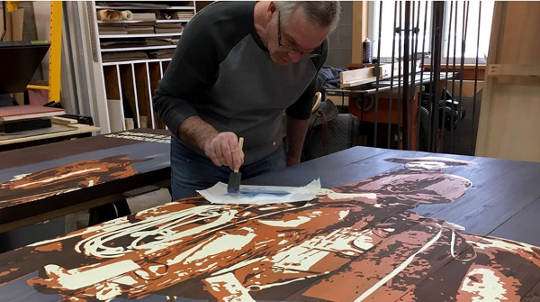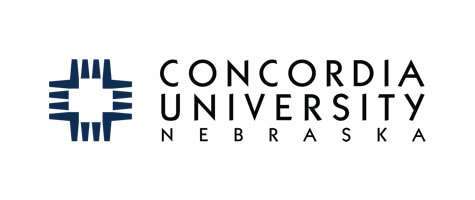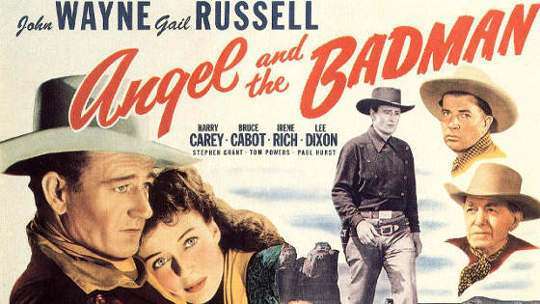The second-largest personal collection, that of the late Harley J. Stucky, in Bethel College’s Mennonite Library and Archives (MLA) is now accessible to researchers.
David A. Haury, former MLA director and current MLA volunteer, has completed a detailed listing for the roughly 200,000 pages (divided into more than 900 folders) of Stucky’s papers. Stucky’s son Frank Stucky donated the papers to the MLA in 2010.
Harley Stucky’s papers document his leadership in church, historical and academic organizations. They “will provide insights for researchers studying a wide variety of topics,” said John Thiesen, MLA director.
After graduating from Moundridge High School in 1937 and Bethel College in 1941, Stucky earned graduate degrees from Garrett Biblical Institute and Northwestern University.He taught history and political science at Bethel from 1949-59.
“His papers provide an inside view of life at Bethel during this period,” Thiesen said.“Many of Stucky’s lecture notes and most exams have survived.Perhaps most [unusual] are the hundreds of student papers he retained. The list of their names in the finding aid make interesting reading, as do many of the papers.”
After stints at Bethany College, Lindsborg, Tabor College, Hillsboro, and Central State University (now the University of Central Oklahoma), Edmond, Oklahoma, Stucky was appointed academic vice president of Friends University, a position he held until 1972.
As a student and then a teacher, Stucky was very involved in the work of the church. He was a leader of Western District Conference’s (of what was then the General Conference Mennonite Church) Christian Endeavor and later a member of the Social Concerns Committee of the GCMC’s Board of Christian Service.
Stucky’s academic and church service overlapped, Thiesen noted. “He was a prolific author and speaker at conferences on topics such as nuclear disarmament, conscientious objection and universal military training.His correspondence and notes from meetings provide documentation not likely found elsewhere.”
Stucky is perhaps best known in south-central Kansas for his role in the Mennonite Centennial and Wheat Centennial in 1974, directing and providing much of the energy for both events.
“Thousands participated in the Mennonite Festival at Century II in Wichita and attended the drama and Mennonite Men’s concert at the Kansas State Fair,” Thiesen said, “but many more picked up literature and learned about the Mennonite migration and introduction of Turkey Red wheat through the trailer and float that visited dozens of county fairs and parades that summer [of 1974].
“Stucky’s papers provide details of the planning, promotions and sometimes controversies surrounding the centennials.Perhaps his greatest dream was for a Kansas Wheat Center to be built as a permanent museum south of Hutchinson, but this goal proved too ambitious even for someone with his drive.
“More successful was his vision for the Mennonite Centennial monument constructed in front of the Hopefield Mennonite Church near Moundridge, and other work of the Swiss Mennonite Cultural and Historical Association, another organization over which Stucky presided.”
Stucky was involved in dozens of other activities – among them, the development of Camp Mennoscah near Murdock, 4H in North Newton, the Methodist ministry, draft counseling, race relations and Good Will Tours.“The topics for which Stucky’s papers provide documentation are far more extensive than can be listed here,” Thiesen said.
The complete finding aid, which “unlocks access to Stucky’s extensive accomplishments,” is atmla.bethelks.edu/holdings/fndng/personal/ms459.pdf.
With a total volume about 64 cubic feet, the Stucky papers are the second-largest personal collection in the archives and have already been used for several research projects, Thiesen said.




